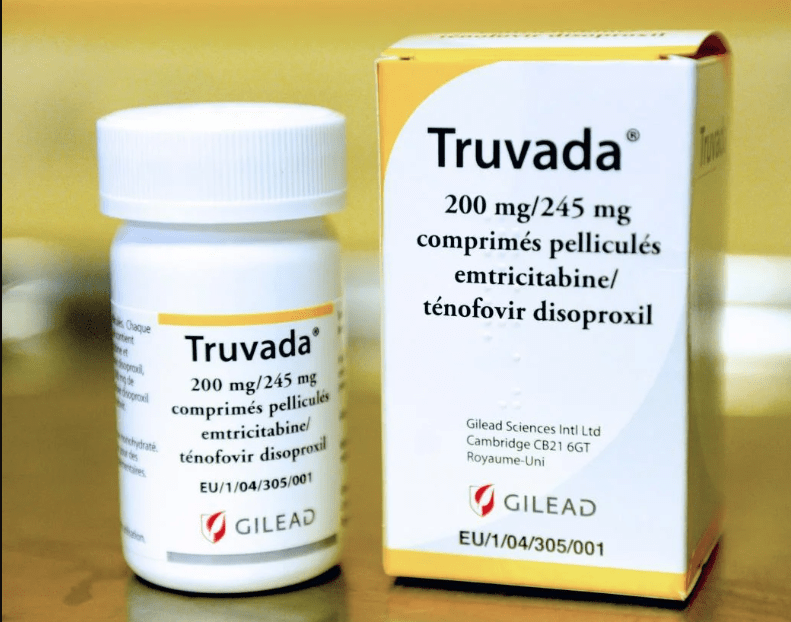Choosing an IVF center in Bangalore is a significant decision on the journey to parenthood. One crucial factor to consider when evaluating different centers is their success rates. However, understanding and comparing success rates can be complex. Here, we’ll explore what to look for when assessing success rates at IVF centers.
Understanding Success Rates
Success rates are typically reported as the percentage of cycles that result in a live birth. However, it’s essential to delve deeper into these numbers to gain a comprehensive understanding. Success rates can vary based on factors such as the age of the patient, the cause of infertility, and the treatment protocols used.
Transparency and Reporting
When researching IVF centers, transparency in reporting success rates is key. Look for centers that provide detailed information on their success rates, including the specific criteria used for calculation and any limitations or caveats associated with the data. Transparency indicates a commitment to honesty and integrity in reporting.
Comparing Apples to Apples
When comparing success rates between IVF center, it’s essential to ensure you’re comparing similar metrics. Factors such as patient demographics, treatment protocols, and laboratory techniques can all influence success rates. Look for centers that provide context for their success rates, allowing for meaningful comparisons.
Age-Specific Success Rates
Age is one of the most significant predictors of IVF success. As women age, their fertility declines, impacting the likelihood of a successful outcome. Therefore, it’s crucial to consider age-specific success rates when evaluating IVF center. Look for centers that provide success rates broken down by age group to better understand your individual chances of success.
Treatment-Specific Success Rates
Different treatment protocols may yield varying success rates. For example, IVF with donor eggs typically has higher success rates than IVF using the patient’s own eggs, especially for older patients. Similarly, the use of techniques such as Intracytoplasmic sperm injection (ICSI) or preimplantation genetic testing (PGT) may impact success rates. Consider your specific treatment needs when evaluating success rates.
Live Birth Rates vs. Pregnancy Rates
When reviewing success rates, it’s important to distinguish between live birth rates and pregnancy rates. While pregnancy rates provide valuable information, live birth rates offer a more meaningful measure of success. After all, the ultimate goal of IVF treatment is to achieve a healthy, live birth.
Multiple Birth Rates
While the focus of IVF treatment is typically on achieving a single, healthy pregnancy, it’s essential to consider the risk of multiple births. Multiple pregnancies carry higher risks for both mothers and babies, including complications such as preterm birth and low birth weight. Look for IVF center that prioritize the safety and well-being of patients and offspring.
Patient-Centered Care
Think about the IVF centers’ general patient care philosophy in addition to their success rates. Seek out facilities that place a high value on individualized attention, compassion, and assistance during the course of therapy. Regardless of success rates, having a kind and encouraging environment can have a big impact on your IVF experience.
Considering Clinic Expertise
It’s critical to take into account the IVF clinic’s experience and reputation in addition to success rates. Examine the credentials and background of the medical group, which includes the support personnel, embryologists, and reproductive endocrinologists. Seek out clinics with successful, board-certified specialists who are dedicated to lifelong learning and training.
Evaluating Laboratory Standards
The quality of the IVF clinic’s laboratory facilities can significantly impact success rates. Assess the clinic’s laboratory standards, including accreditation, equipment, and procedures for handling and culturing embryos. A state-of-the-art laboratory with strict quality control measures can enhance the likelihood of successful outcomes.
Assessing Support Services
Because IVF treatment can be physically and emotionally taxing, it’s important to take into account the clinic’s support services. Seek out clinics that offer tools, support groups, and counseling to assist people in overcoming the psychological difficulties associated with reproductive therapy. The entire IVF process might be enhanced by a caring and encouraging atmosphere.
Considering Location and Convenience
Your decision may also be influenced by the IVF clinic’s location. Take into account elements like accessibility, appointment availability, and distance from your place of employment or residence. While the quality of care must always come first, finding a clinic that is easily accessible can ease anxiety and make the healing process go more smoothly.
Seeking Patient Feedback
Finally, seek feedback from past and current patients of the IVF clinic. Online reviews, testimonials, and word-of-mouth recommendations can provide valuable insights into the patient experience and satisfaction levels. Pay attention to recurring themes and consider how the clinic’s reputation aligns with your expectations and priorities.
Choosing the right IVF clinic is a significant decision that requires careful consideration of multiple factors, including success rates, clinic expertise, laboratory standards, support services, location, and patient feedback. By conducting thorough research, asking the right questions, and prioritizing your individual needs and preferences, you can find a clinic that offers the best chance of success and provides the support and care you deserve on your fertility journey. Remember that each person’s journey is unique, so trust your instincts and choose a clinic that feels like the right fit for you.






